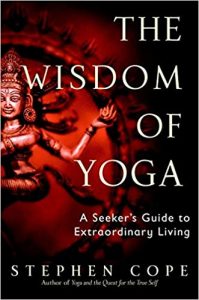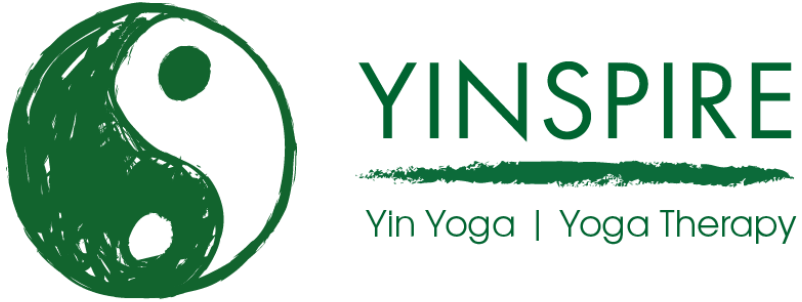 Anyone who has more than a passing acquaintance with Yoga will know that there is a rich heritage of Wisdom and Philosophy underpinning our modern day practice.
Anyone who has more than a passing acquaintance with Yoga will know that there is a rich heritage of Wisdom and Philosophy underpinning our modern day practice.
One of the key writings in that canon of Yogas wisdom tradition is the Yoga Sutras of Patanjali, written – we think – around 2000 to 2500 years ago. Its from the Sutras that a lot of the tradition you hear in class stems, notably the eight limbed path of yoga – Yama, Niyama, Asana, Pranayama, Pratyahara, Dharana, Dhyana, Samadhi. However reading the Sutras is problematic – they are old, they are in Sanskrit which doesn’t directly translate to English, and very terse – they were intended as a reminder alongside oral tradition.
So for the modern reader we need a translation and interpretation of the Sutras and, most probably, a commentary as well. There are many contenders for this, and I’ve reviewed a few in the past in my book writings, but its one of those situations where more is more – and if you have the chance to read various authors on the Sutras then each will bring you a different insight.
I’ve read classic commentaries on the Sutras; contemporary commentaries; a novel based on the sutras; and here is another take – a commentary by a Yoga Teacher and Psychotherapist based on his friendships and students. It makes for a readable book, if a little Americanised in places, but he shines light on the Sutras wisdom in a unique and helpful way – like each commentary I’ve read, there is something more to learn.
One of many things I picked up on, and which resonated with me, was the authors thoughts about ego, which gives a taste of his practical approach;
Many modern students of contemplative practice believe that the so called death of the ego is one of the requirements for liberation. In my experience, this is not so. Rather, in the process of practice and persona inquiry, the delusive aspects of the ego are seen through – seen to be what they always were. The longing that drives the Ego, however, is not killed. It is, rather, transmuted into something finer, something more subtle, and also something more realistic. The strivings and longings at the heart the ego ideal are not lost, but are harnessed in such a way that they become the driving force for entirely new and authentic possibilities for human being.
This is not an academic book – its a mixture of manual and anecdote, and it comes across as skilfully observed and written. I enjoyed this approach to the Sutras and I’d recommend the book to those stating an enquiry into Yoga wisdom as well as those broadening it.
